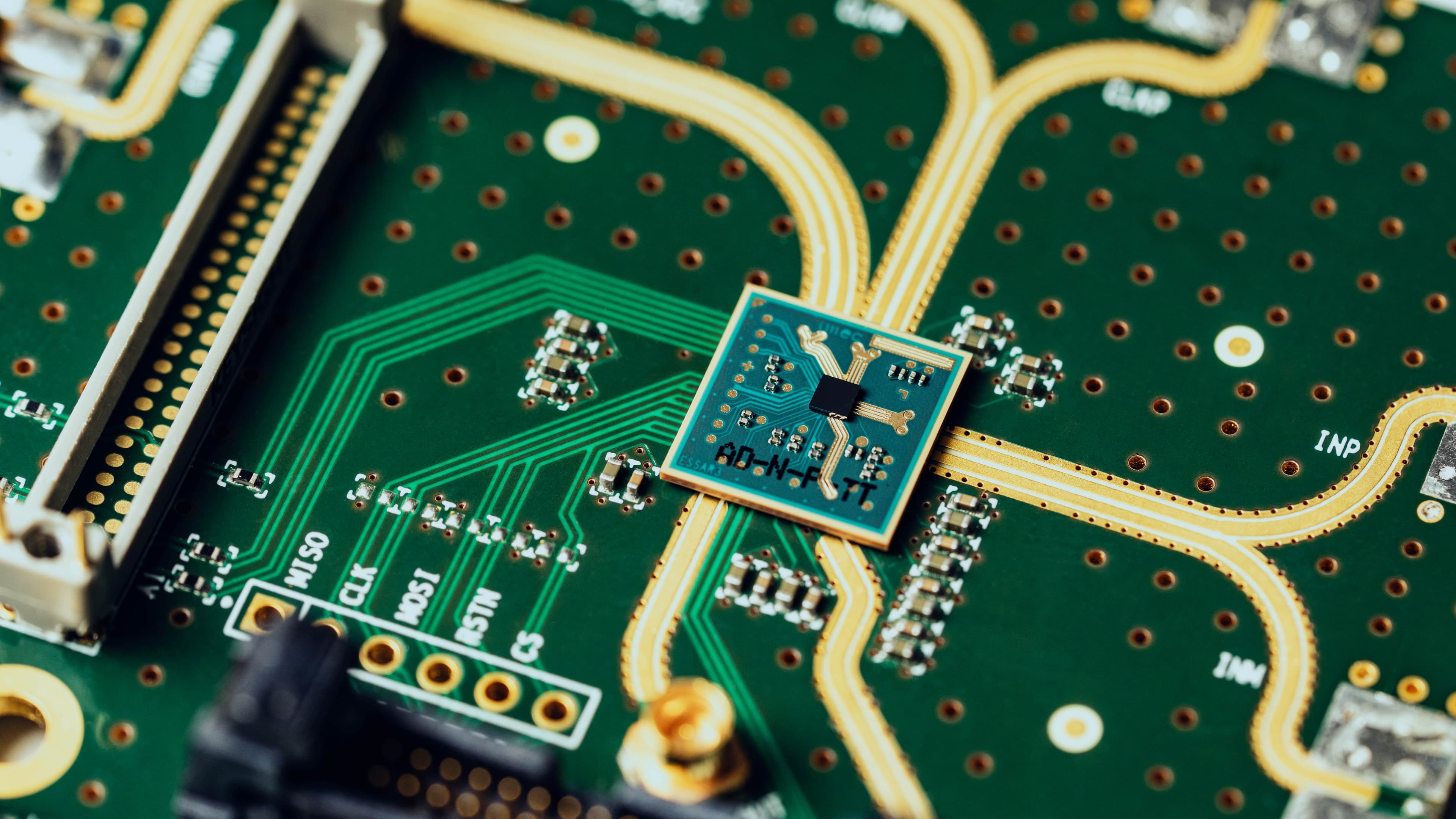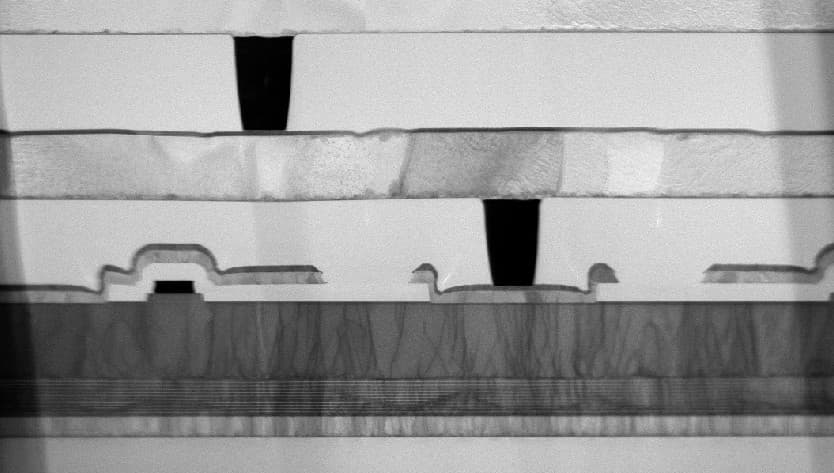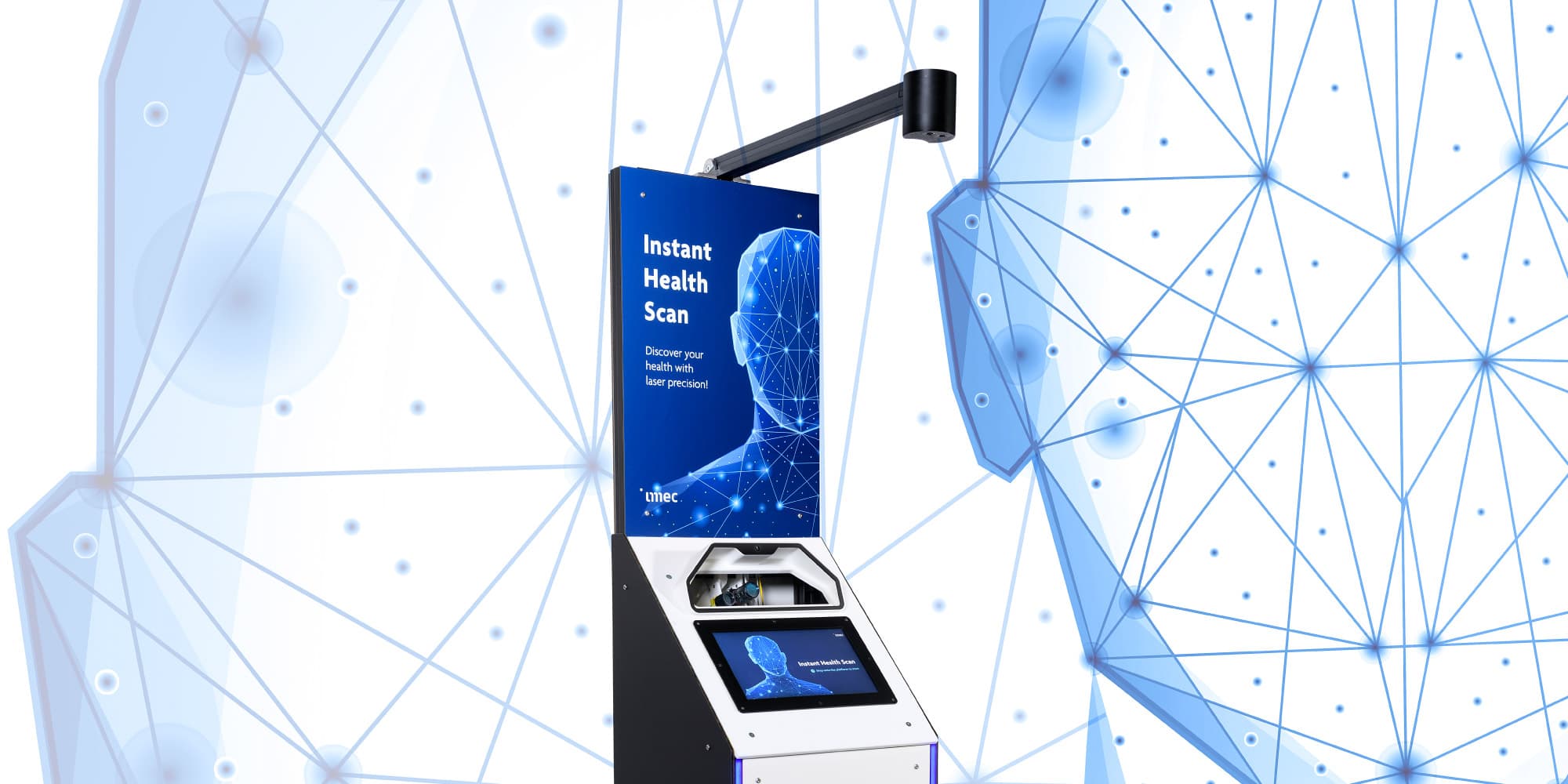The SeRGIo project will investigate the complexity and costs of developing mobile sensing applications alongside cutting-edge software platforms on an urban scale. These qualitative and quantitative sensing applications approach ‘humans as sensors’ to use mobile workforces, groups of citizens and their mobile devices. The goal? To gather accurate and high-resolution data on a huge scale and enable better, more interactive services, safer cities and happier citizens.
There is potential in mobile sensing, but no real way to do it right
Industrial players have realized that accurate and relevant mobile sensing applications have the potential to provide extremely valuable data about cities, trends and opinions. However, current solutions, which are great at measuring things like speed and location, fall short in capturing qualitative metrics such as perceptions of safety, service experiences, cleanliness, amiability and other subjective experiences. This data is vital to enhancing the interactivity of urban services and overall quality of life in smart cities.
3 high potential business cases
In partnership with Nokia, bpost and CityLife, the SeRGIo consortium explores ways of designing a solution for smart city application providers that:
- collects qualitative as well as quantitative data and synergizes the two types;
- precisely targets users to sense, based on their contexts in space and time;
- delivers high-quality insights that are tailored to applications and citizens;
- maximizes performance and minimizes energy consumption of mobile devices while ensuring security.
‘Humans as sensors’
To overcome technical challenges in enabling qualitative and quantitative mobile setting in urban environments, SeRGIo embraces a ‘human as a sensor’ paradigm. As such, it investigates:
- domain-specific languages that outline the business requirements of sensed data customers and helps select the most appropriate mobile users to sense;
- an orchestration service that automates sensing activities based on users’ locations, activities, situational contexts and devices;
- a data collection architecture that allows different sensing modules and accelerators to work together seamlessly; and
- a multi-modal data analytics framework that is used on users’ devices that combine high-quality quantitative data with insightful qualitative data.
"SeRGIo will explore ways of leveraging large companies’ customer and mobile employee bases to gather both qualitative and quantitative data on an urban scale. The goal? To make services more efficient, effective, interactive, and to improve the overall quality of life in connected cities."
Download the leaflet
SeRGIo
Mobile sensing services for developing geospatial IoT applications.
SeRGIo is an imec.icon research project funded by imec and Agentschap Innoveren & Ondernemen.
It ran from 01.10.2016 until 30.09.2018.
Project information
Industry
- bpost
- Nokia Bell Labs
- Joyn
Research
- imec - DistriNet - KU Leuven
- imec - MOSAIC - UAntwerpen
- imec - EDM-IT - UHasselt
Contact
- Research Lead: Danny Hughes
- Project Lead: Fahim Kawsar
- Innovation Manager: Stefan Van Baelen













